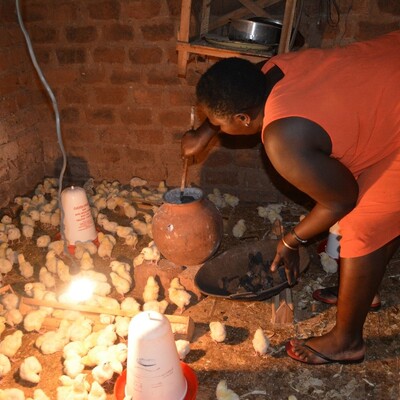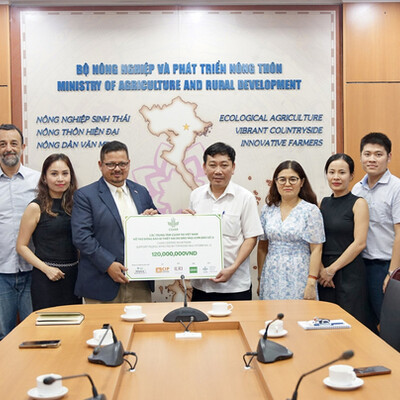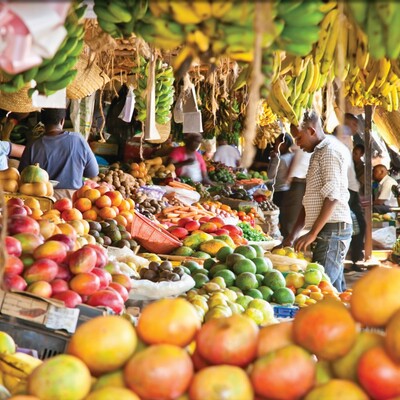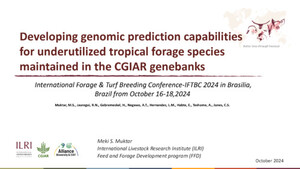
New study finds that severe undernutrition of cattle increases their methane production

- An animal trial in the animal respiration chamber at ILRI’s Mazingira Centre (photo credit: ILRI/ Svenja Marquardt).
Livestock production generates significant amounts of greenhouse gas (GHG) emissions, accounting for about 65% of the total emissions from agriculture globally. Of these emissions, 40% are generated through enteric fermentation, the digestive processes that ferment feed in ruminants.
Methane (CH4) emissions from enteric fermentation are a key source of GHG emissions. To reduce these emissions, there is the need to accurately estimate them especially because methane traps more heat and thus has a greater global warming potential than carbon dioxide (CO2) for instance. Therefore, reducing the rate of enteric methane emissions is necessary to mitigate global warming.
Researchers at the International Livestock Research Institute (ILRI) and partners in Germany (Kassel University, University of Hohenheim and Karlsruhe Institute of Technology), investigated the effects on enteric methane production of moderate to…
View original post 452 more words
















